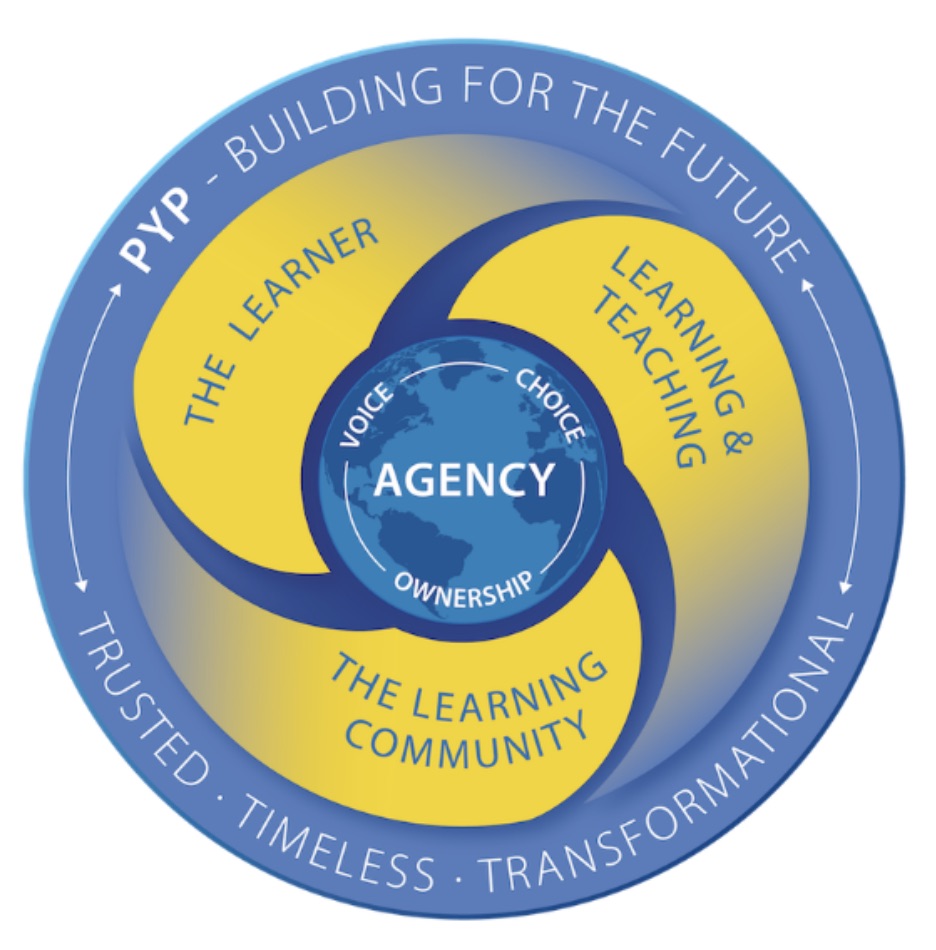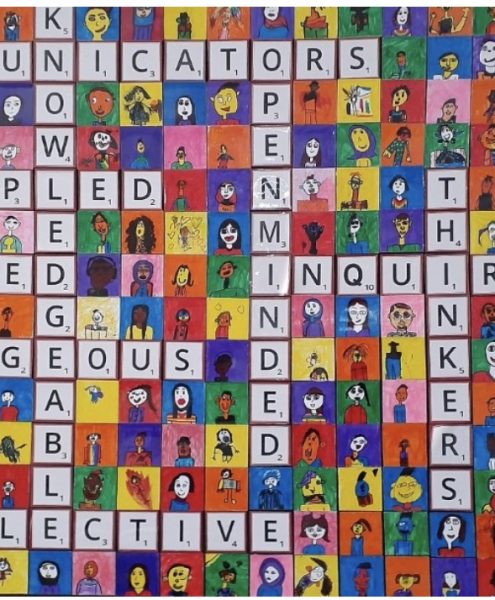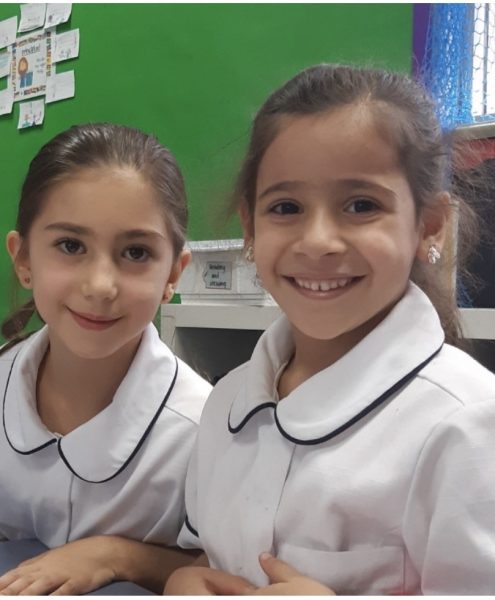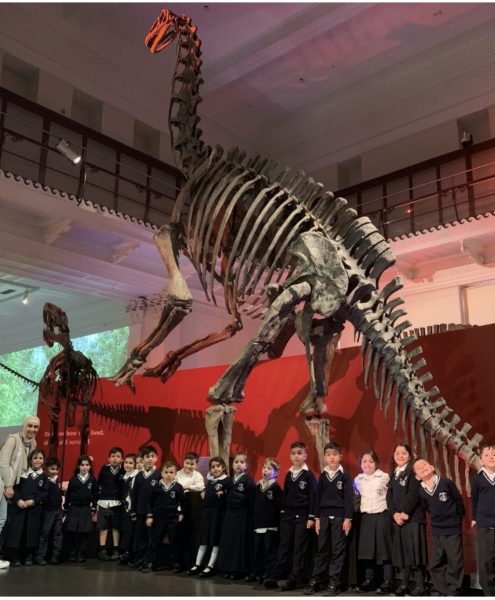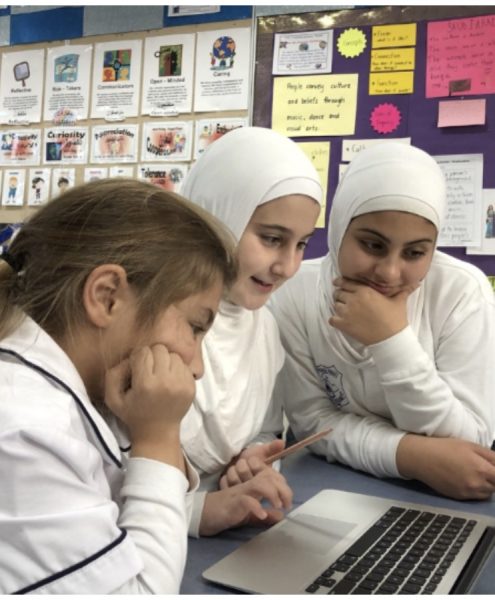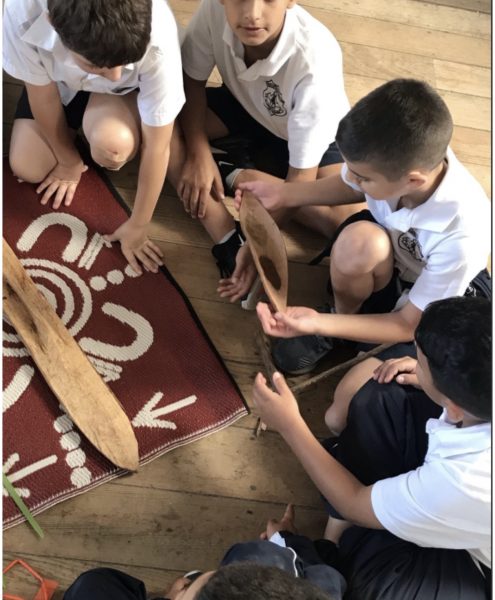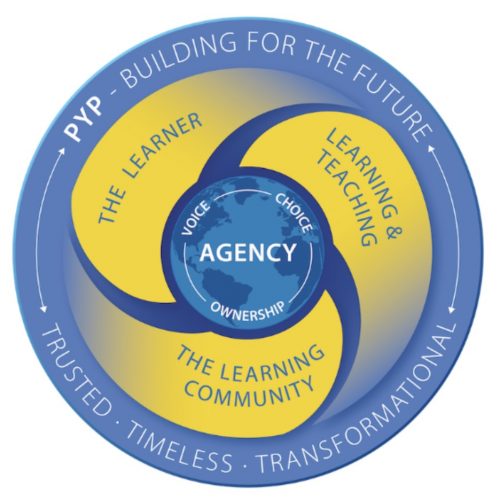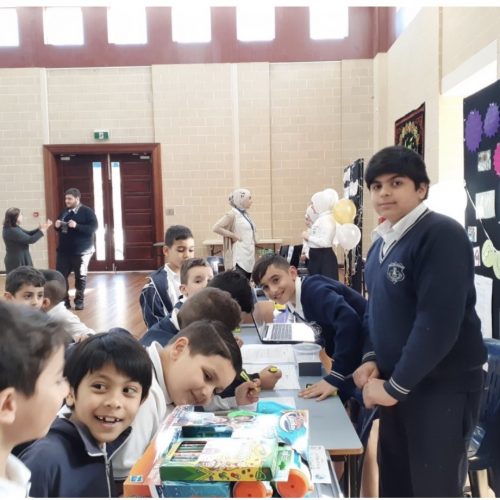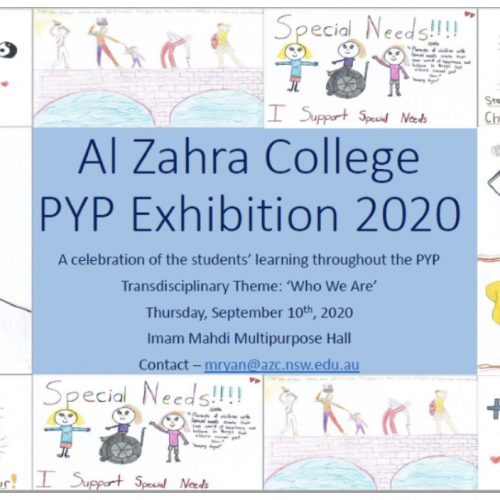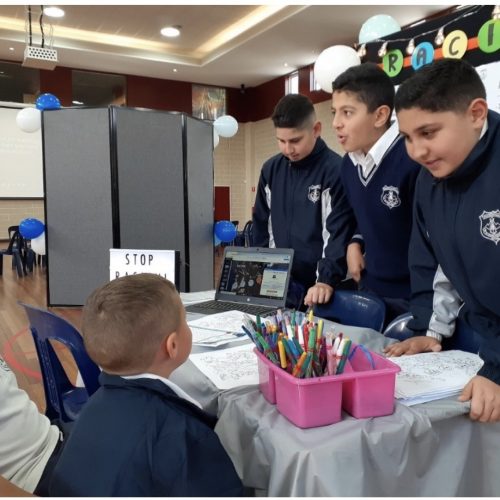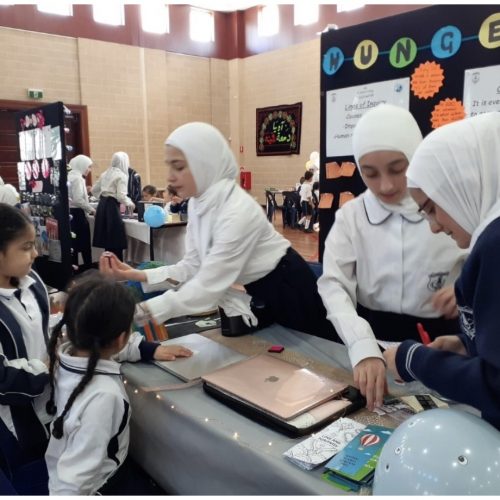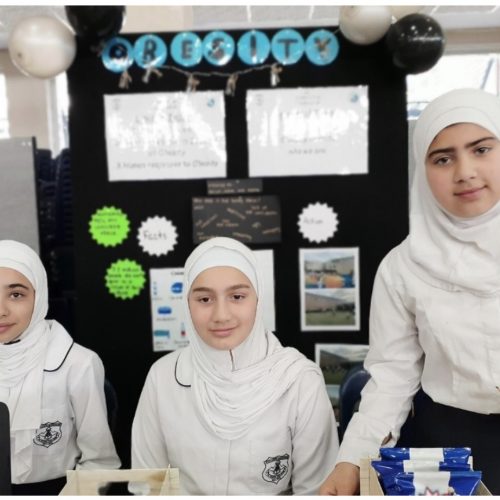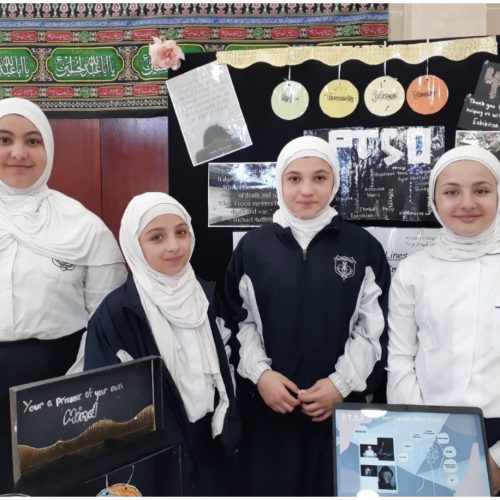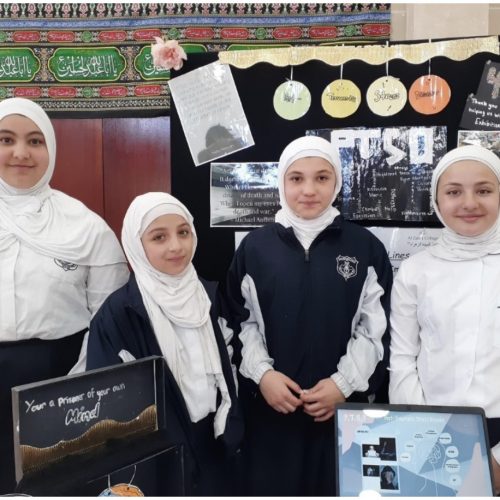At Al Zahra College, we believe that learning is about the development of the whole child. We appreciate that every child learns differently and at their own pace, so we cater to individual learning styles, passions, strengths and learning needs. From Kindergarten to Year 6, our students are engaged in a rich and challenging ‘inquiry’ learning experience that inspires them to reflect, take risks, explore new concepts and deepen their understanding across all areas of the curriculum.
The primary school curriculum framework is based on the International Baccalaureate Primary Years Programme, which celebrates student agency, structured inquiry and project-based learning. Our curriculum is organised under the six transdisciplinary themes of global significance, which have been developed by the International Baccalaureate. More information about the IB Programme can be found in the IB PYP brochure.
The flexibility of the IB PYP enables us to also seamlessly meet the NSW Education Standards Authority (NESA) curriculum requirements. NESA sets the learning requirements for each stage of Primary school. The four stages are:
- Early Stage 1 (Kindergarten)
- Stage 1 (Years 1 and 2)
- Stage 2 (Years 3 and 4)
- Stage 3 (Years 5 and 6)
Our core focus in the PYP is on literacy and numeracy, and we offer Creative and Performing Arts (CAPA), Science and Technology, Personal Development, Health and Physical Education (PDHPE).
The Primary School also delivers Arabic, Quran and Islamic Studies, which provide a framework for a solid moral code, personal faith and values. For more information about the Al Zahra College PYP Curriculum, refer to our PYP Curriculum Handbook.
The Programme of Inquiry is the driving force for teaching and learning in the Primary School, and reflects our commitment to transdisciplinary learning. You can view the Al Zahra College Programme of Inquiry here.
Students in the PYP also participate in a wide variety of on-campus and inter-campus programs and competitions to nurture their skills and talents. These include:
- Swim School
- Gymnastics
- Athletics Carnivals
- Premier’s Reading Challenge
- Book Character Parade
- Debating Competition
- Arabic Language Competitions
- Harmony Day
- Clubs
A variety of incursions and excursions are also organised throughout the year to consolidate students’ learning.
